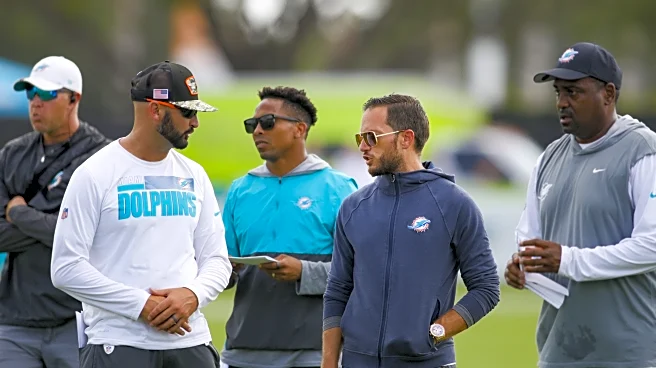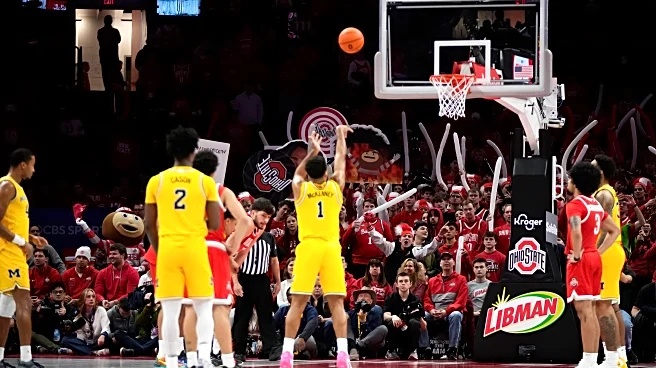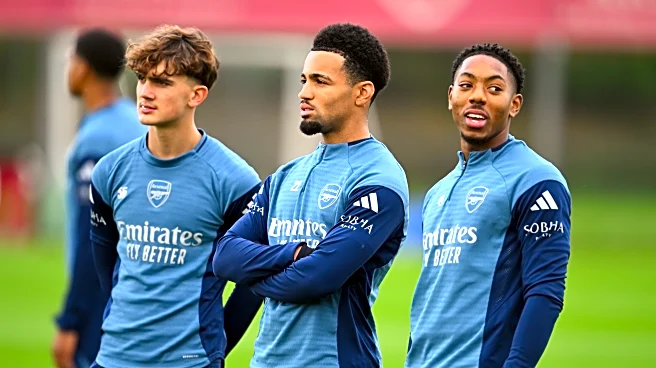Rapid Read • 8 min read
The United Nations Human Rights Council (UNHRC) is the primary intergovernmental body within the UN system responsible for promoting and protecting human rights worldwide. Established in 2006, the Council replaced the discredited Commission on Human Rights. It consists of 47 members elected by the UN General Assembly, meeting three times a year for regular sessions and holding special sessions as needed. The Council's work includes the Universal Periodic Review, the Complaint Procedure, and various special procedures to monitor human rights issues. Despite its comprehensive mandate, the Council faces challenges related to its membership and the politicization of its processes.
AD
The UNHRC is a key player in the international human rights landscape, influencing global standards and practices. Its mechanisms, such as the Universal Periodic Review, provide a platform for assessing and improving human rights conditions in member states. However, the Council's effectiveness is often debated due to the political nature of its membership and decision-making processes. The ability of the UNHRC to address human rights violations and promote accountability is crucial for maintaining international peace and security, as well as for supporting the rights and freedoms of individuals worldwide.
The UNHRC is engaged in ongoing efforts to enhance its efficiency and effectiveness. Discussions among member states and civil society aim to address procedural challenges and improve the Council's impact. Future reforms may focus on streamlining its agenda, increasing transparency, and ensuring that its resolutions and recommendations are implemented effectively. The Council's ability to adapt to changing global dynamics will be essential for its continued relevance.
The UNHRC's work underscores the tension between national sovereignty and international human rights obligations. The Council's efforts to hold states accountable can lead to diplomatic friction, as countries may resist external intervention. Additionally, the Council's structure and processes reflect broader geopolitical influences, affecting its ability to address certain issues impartially.
AD
More Stories You Might Enjoy











